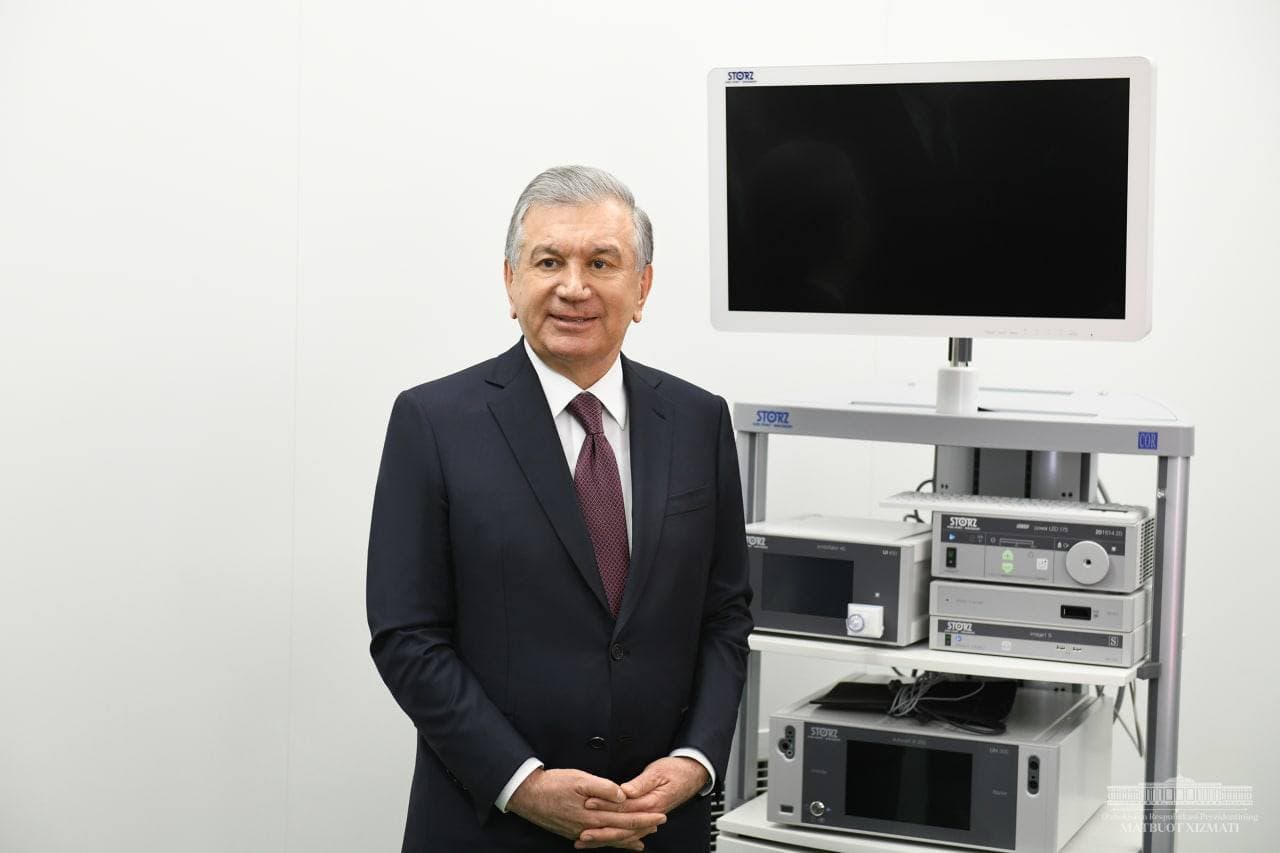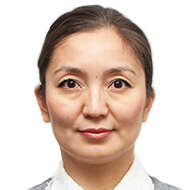As Uzbekistan is preparing to celebrate the 30th anniversary of Independence, political leaders, experts and academia alike summarize health sector progress and voice recommendations for further development.
“In this short period of time, large-scale work has been done to fundamentally reform the economy, political and social spheres, which has changed the outlook and life of our people. The main goal of ongoing reforms is to consistently improve the well-being and quality of life of people in Uzbekistan by ensuring sustainable development. This goal is declared in the Strategy of Action for Five Priority Areas of Development of the Republic of Uzbekistan in 2017-2021 and is fully consistent with the UN Agenda for Sustainable Development – 2030”, – stated Dr Rano Juraeva, PhD in Economic Sciences and Associate Professor at the University of World Economy and Diplomacy in Uzbekistan, when describing structural reforms in “New Uzbekistan”.
Official sources cite “New Uzbekistan” to denote the country is entering a dynamic new stage of development under the leadership of the current President.
According to the Minister of Healthcare, defined priorities for health sector improvement are the following:
- Primary health care as a system for early detection and treatment of diseases.
“Primary health care plays a vital role in protecting the health of the population. However, it must be recognized that, until recently, the poor quality of medical care in this area of health care was one of the biggest problems. For example, 60% of deaths in the country in recent years were caused by problems in this area, such as the inability to diagnose diseases of the cardiovascular system in a timely manner; in half of cancer patients, the disease was detected only at stages II and III. This indicates that the work of primary care was in need of fundamental reform and improvement.” – reported the Ministry of Healthcare.
In order to improve the quality, efficiency and popularity of primary health care in the country, and to enhance the role and status of medical workers, a number of decrees and resolutions of the President of the country have been adopted. General practitioner was renamed into a family doctor, a rural medical center – into a family doctor, rural and city family polyclinics – into a family polyclinic. To assist family doctors, medical teams for internal medicine, pediatrics, obstetrics and patronage were organized. These teams help to monitor families under their scope of work. On November 12, 2020, the President’s Decree on primary health care was adopted, and the Rural Doctor program was introduced nationally.
- Emergency Medical Service (EMS) is the next priority.
This service has its branches and offices in regions and districts and it also was part of a large-scale work to achieve high-quality emergency care. The Republican Scientific Center for Emergency Medical Care and its regional branches, equipped with modern medical equipment, have arranged various complex operations, introduced a number of innovative methods and organizational solutions into the diagnostic and treatment process.
- Expansion of the private sector in medicine
It is important to develop the private sector in healthcare, to create conditions to provide high-tech quality services to the population by provate providers, and to expand the attraction of foreign investment and qualified specialists. Today more than 6.5 thousand private medical organizations function in the country. If earlier provate sector was allowed to provide only 5 types of medical services, today that list expanded and includes 129 medical specialties allowed for practice in private sector.
- Qualified health workforce as key to health care development
If four years ago, 84,100 doctors worked in medical organizations of the country, and now 93,337 doctors are working in the field. There have been changes in medical education to incorporate modern educational standards, introduce targeted admission to medical universities, taking into account the needs of the regions, an increase in the number of medical universities. Such efforts bring the health workforce policy to a qualitatively new level.
- Maternal and child health
The health of pregnant women is constantly monitored: 92.6% of them undergo ultrasound examination in the first trimester of pregnancy across 200 multidisciplinary central polyclinics.
A National Children’s Medical Center was created with 280 beds specializing in the diagnosis, treatment, prevention and rehabilitation in pediatrics. Number of beds for the treatment of congenital heart diseases tripled not only in national medical centers, but also in regional health facilities. High-tech operations on pediatric cardiac surgery are currently carried out in ten medical institutions of the country. In 2016, 1447 cardiac surgeries were performed, in 2019 – 2285, and in 2020 – 2315 such complex surgeries were done for children. Cochlear implantation surgeris are performed on a regular basis in hearing-impaired and deaf children. In 2016 there were 150 cochlear implantation surgeries, in 2018 – 239, in 2019 – 320, and in 2020 – 225 surgeries.
In summary, above healthcare sector reforms are aimed at improving the quality of life of people in Uzbekistan.
Sources:
https://ssv.uz/ru/news/reformy-v-meditsinskoj-sfere-na-strazhe-zdorovja-naselenija
https://www.uwed.uz/ru/news/fulltext/1685
Image: President Shavkat Mirziyoyev visiting a multidisciplinary medical center in the city of Samarkand, provided by https://president.uz/ru/lists/view/4295


